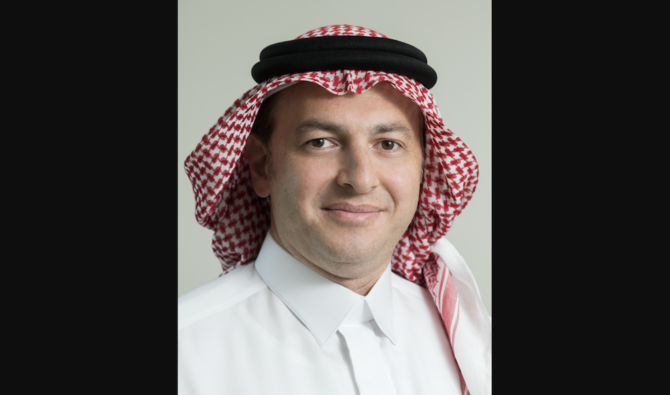RIYADH: Wa’ed, the entrepreneurship arm of Saudi Aramco, has invested $500,000 in Ynmo, the first Arabic-English software platform for teachers of students with disabilities.
The funding, through Wa’ed Ventures, will help the Makkah-based startup invest in its software, hire more staff and expand its services.
“With Wa’ed’s support, we are going to greatly expand the number of children with disabilities whom we can help in Saudi Arabia and beyond,” said Abdullah Murad, Ynmo co-founder. “It’s a way for us to give back to our community and have a big and sustainable social impact.”
“Our mission is to advance the Saudi startup economy, and Ynmo is an innovative solution to a pressing issue affecting many Saudi children and their families,” said Wa’ed Managing Director Wassim Basrawi. “At Wa’ed, we are looking to support promising Saudi entrepreneurs such as [the developers behind] Ynmo, who are the architects of our Kingdom’s economic future.”
According to the Ministry of Education and Ministry of Human Resource and Social Development, there are around 100,000 students with disabilities in the Kingdom. However, Ynmo co-founder Fahad Al-Nemary said the actual number could be as high as 14 percent of all students, in line with the global average.
Established in 2011, Wa’ed provides institutional venture capital investment for Saudi-based startups, as well as end-to-end support in mentoring, incubation and loan financing.
Earlier this year, Wa’ed reported that it had tripled the amount of money loaned to startups in the Kingdom last year.
The Dhahran-based initiative gave out 12 loans to small and medium-sized enterprises (SMEs), up from four in 2019, with the value surging to SR31 million ($8.27 million), up from SR10 million in 2019.
In terms of venture capital funding, Wa’ed deployed SR43 million to SMEs, up 34 percent year-on-year.
“In a very challenging year, I am proud of the Wa’ed family, which includes my team and our resilient entrepreneurs, for rising to the challenges and keeping us on track to deliver an even greater impact in 2021,” Basrawi said.
















